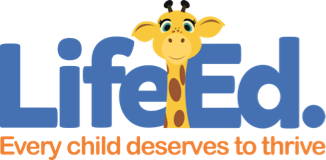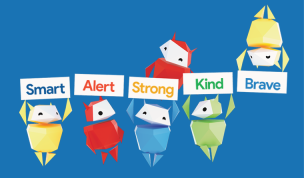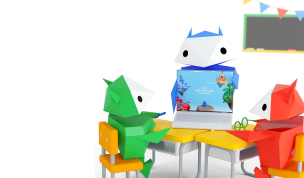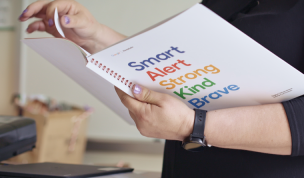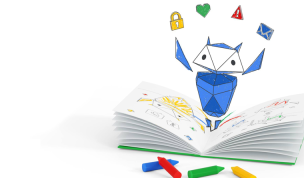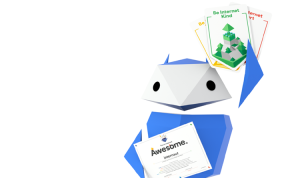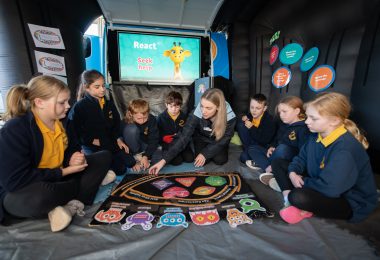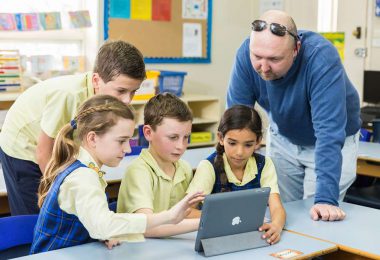Data shows what 13,000 high school students think about vaping
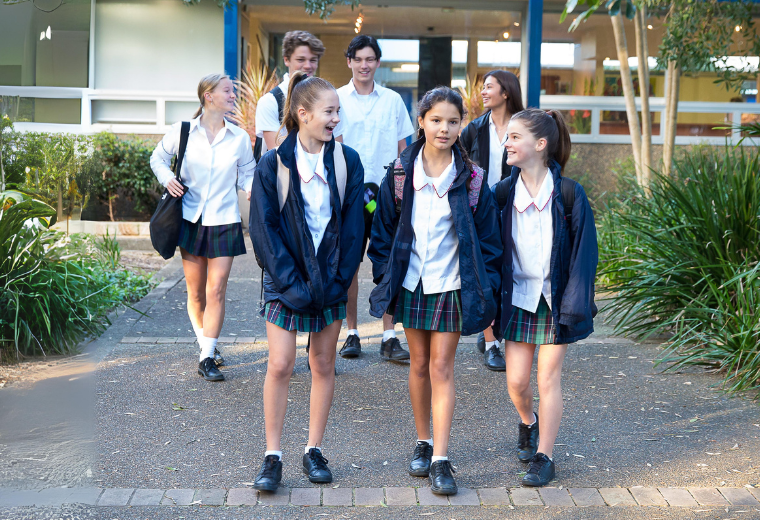
An increasing number of secondary school students feel they are under pressure to vape. While only a growing minority are seen to be trying the worrying habit for the first time, according to the latest annual survey undertaken by Life Ed with support from the nib foundation, there is a significant disparity between reality and perception regarding vaping.
The survey of more than 13,000 students in NSW and SA found that around 50% thought their classmates vaped every week and 20% every month, which was significantly more than was actually the case. 72% of students said they had never vaped, 15% said they rarely or only tried it, 8% vaped weekly and 5% monthly.
According to Life Ed, which is Australia’s largest provider of preventative health education to school students, this discrepancy presents a crucial opportunity for a nationwide early intervention strategy to prevent an increase in vaping among young people.
tool for young people to feel more confident in making positive choices,
Despite this, the survey found some concerning trends, with 25% of students saying they felt they were being pressured to vape, compared to 20% in the previous year.
Many parents are unsure how to approach the topic. While three out of four parents (73%) were concerned that their teen might try vapes, less than half (43%) having talked to their child about it, revealed the RCH National Child Health Poll.
In response, Life Ed has launched a suite of video resources designed to empower parents and carers with the latest research and evidence-based information on vaping, and offer guidance on how to have meaningful conversations with their dependents about the potential harms that are both constructive and supportive.
“When parents are equipped with accurate information and practical advice, they can confidently engage with their children about vaping. This proactive approach not only helps prevent potential issues but also strengthens family bonds,” says Peatfield.
The new resources offer:
- Clear information on the health impacts and laws of vaping
- Tips for recognising and addressing nicotine addiction
- Strategies for having meaningful and positive conversations with young people
- Guidance on where to find additional support and services
These resources are part of the “Reality Now” program – a preventative drug and alcohol education program for secondary school students, that has been developed with the support of the nib foundation. The program uses a social norms-based approach to bust the myths around the prevalence of vape use in young people and educate on its negative health impacts.
“For more than 40 years, in the classroom, we’ve seen how turning challenging conversations into engaging experiences can make a difference. We’ve also seen how this learning can then contribute to lasting change when the whole community is involved. This collective empowerment is what we are trying to achieve, and we know that parents are the key to ensuring our next generation makes safer and healthier choices,” says Peatfield.
nib ’s Chief Medical Officer Dr Robert McGrath says: “The rise in vaping among younger people is alarming, with many people developing nicotine dependence, which can serve as a gateway to traditional tobacco use, perpetuating the cycle of addiction and increasing the risk of lifelong health issues.
“Both traditional tobacco cigarettes and e-cigarettes expose users to harmful chemicals. Cigarettes have been proven to damage nearly every organ in the body, while vapes deliver very similar toxic chemicals that can lead to similar types of damage and cause irreversible lung damage.”
Life Ed’s “Reality Now” program supports teachers and educators too. A suite of syllabus-aligned, teaching resources extend and reinforce the important learnings after the Reality Now session, back into the classroom. By working together, parents and educators can ensure that young Australians have the best possible foundation for a bright future.
